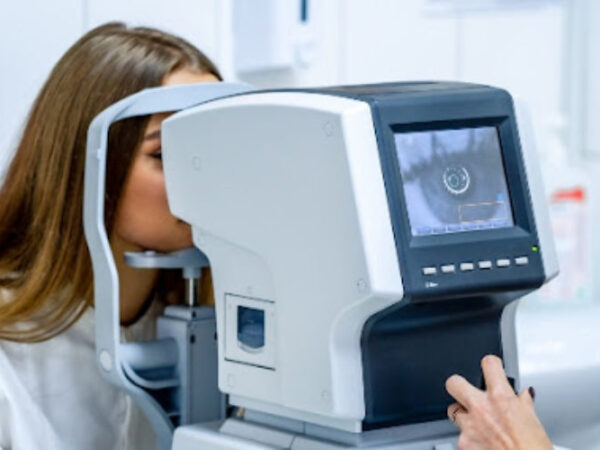Vision is one of your most valuable assets for interacting with the world around you. Therefore, it is important to protect it. You do not have to wait until you have vision issues before scheduling a consultation with an ophthalmologist.
In fact, it is advisable to maintain regular checkups with Stephen M. Wolchok MD, to identify and treat eye conditions in the early stages. Here are some telltale signs you should reach out to an ophthalmologist.
- Blurry Vision
Blurry vision is a prevalent sign of a vision issue but could also signify a serious eye condition. Therefore, if your vision is suddenly blurry, or more blurry than usual, it is vital to see an ophthalmologist immediately to establish the root cause.
In most cases, blurry vision is treatable with an updated prescription. However, you might require more aggressive treatments if your blurry vision stems from more serious underlying concerns like retinal disease, glaucoma, and macular degeneration.
- Large Floaters or Flashing Lights
Floaters are the tiny circles, lines, or squiggles you sometimes observe floating in your field of vision. While floaters appear to be in front of your eyes, they are actually shadows cast by the microscopic fibers in the vitreous fluid inside your eye.
Observing floaters or flashing lights occasionally is normal, especially as you age. However, if you see an abnormally huge number of floaters or flashing lights, you might have a retinal detachment or tear that requires medical attention.
- Seeing Double
Double vision may be a warning sign of a tumor, injury, illness, or stroke. Therefore, if your double vision appears suddenly or is chronic, you should contact your ophthalmologist immediately.
If your double vision results from a dry eye, astigmatism, or keratoconus, it is often treatable with contact lenses, eyeglasses, and dry eye treatments. Nonetheless, if your double vision stems from your eyes being unable to coordinate correctly, your specialist might suggest vision therapy.
- Eye Pain
Any discomfort in or around the eyes is unusual and could indicate serious issues. Conditions like ocular tumors or acute angle-closure glaucoma could cause significant eye discomfort and lead to blindness in days.
Other more prevalent reasons for eye pain include irritation from a foreign object in the eye or allergies. Moreover, infections like dry eye syndrome, pink eye, sunburn, or scratches on the cornea may cause discomfort. Whatever the case, you should seek expert care from an eye doctor.
- Constant Headaches
Headaches are a normal aspect of life. Anything from physical to emotional stress can cause headaches that range from a dull ache in and around your temples to a sharp pain behind or around the eyes.
Constant headaches may be a sign of glaucoma, infection, or eye strain. Headaches could also indicate issues with binocular vision, such as convergence insufficiency and amblyopia. Your eye doctor can offer an accurate diagnosis of these conditions.
- Problems with Night Vision
Problems with night vision are frequently the first indications of deteriorating vision. Increasingly trouble seeing or when driving during the night or in other low-light settings is a normal part of aging.
However, night vision problems may also be signs of developing macular degeneration or cataracts. An ophthalmologist will carefully examine the underlying cause of your “night blindness” and suggest suitable therapy.
There is no reason to be concerned about scheduling a consultation with an ophthalmologist. In fact, you should be more concerned about not reaching out, and letting any eye issue worsen.
Stop putting off plans to consult an ophthalmologist and seek an appointment today. By doing so, you can ensure that more serious eye conditions, such as glaucoma and cataracts, do not have a huge effect on your vision in the future.




